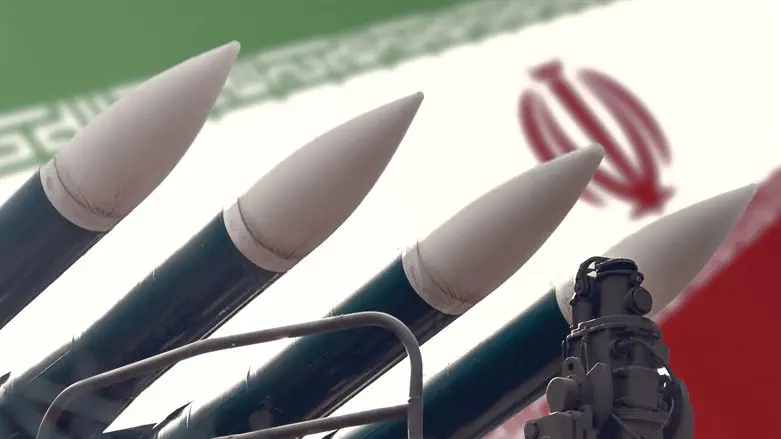
Iran gave assurances Wednesday that its nuclear policy was unchanged and that it still adhered to a fatwa banning weapons of mass destruction, after an Iranian official said the country was able to make atomic bombs, AFP reports.
"In regard to the topic of weapons of mass destruction, we have the fatwa", or religious edict, by Iran's supreme leader that prohibits the manufacture of such weapons, said foreign ministry spokesman Nasser Kanani.
The fatwa declares the use of atomic bombs and other weapons of mass destruction to be "haram", or forbidden by Islam, and it is often cited by Iranian authorities as a guarantee of Tehran's good intentions.
"It seems that there has been no change in the view and position of the Islamic Republic of Iran" regarding the nuclear policy, Kanani was quoted as having told a news conference.
The comments come days after Kamal Kharazi, head of Iran's strategic council of foreign relations and a top adviser to Supreme Leader Ayatollah Ali Khamenei, said Iran is already capable of producing nuclear weapons, but has yet to decide whether it wants to build one.
"It is no secret to anyone that we have the technical capability to make atomic bombs, but we have not made a decision in this regard," Kharazi said, before reiterating Iran's position that it does not want to make a nuclear bomb.
The remarks came as nuclear talks between Iran and world powers on a return to the 2015 nuclear deal remain stalled.
Iran scaled back its compliance with the 2015 deal, in response to former US President Donald Trump’s withdrawal from the agreement in May of 2018, but has held several rounds of indirect talks with the US on a return to the agreement.
An agreement was nearly reached before the talks stopped in March. US Special Envoy for Iran Rob Malley told lawmakers recently that the prospects for reaching a deal with Iran are “tenuous” at best.
France's Foreign Minister, Catherine Colonna, said last week there were only a few weeks left to revive the deal and it was up to Iran to decide whether to sign what had been negotiated.
Later, when asked if the United States concurred with Colonna's view, a senior US official pointed to an earlier comment by White House national security adviser Jake Sullivan to reporters that "we have not marked a date on the calendar."
Speaking on condition of anonymity, the senior US official acknowledged that the chances of reaching a deal were dwindling and said Washington had not heard anything new from Tehran since the indirect talks in Doha.

